This morning has seen the passing of a milestone for the RAF Reaper fleet with the type flying its the 1,000th since they were committed to operations against Islamic State.
In October 2014, the Defence Secretary announced that Reaper Remotely Piloted Aircraft Systems (RPAS) would be deployed in the efforts to combat the group.
British drones have killed large numbers of Islamic State fighters in Iraq over the past year without harming any civilians, the Ministry of Defence have revealed in a response to Freedom of Information requests.
The MQ-9 Reaper is an unmanned aerial vehicle developed by General Atomics. The MQ-9 is referred to by the RAF as a Remotely Piloted Air System to indicate their human ground controllers. It is armed with Hellfire missiles.
According to Justin Bronk, as quoted by the FT:
“Reaper offers much greater persistence over potential targets than fast jets like Tornado. They are better suited to maintaining observation over known combat zones where no pre-identified fixed targets exist and they offer more time over target to ensure targets are correctly identified. Pilots can talk about the picture in front of them with intelligence and even legal personnel face to face before striking, which is impossible in a fast jet.”
The deployment of Reapers against targets in Iraq and Syria marks the first occasion the UK has used its Reapers outside of Afghanistan. Their primary purpose is to provide surveillance support and situational awareness to coalition forces in addition to their combat capabilities.
The UK Reaper’s were at first flown from Creech in Nevada, but since 2013 they have been flown from RAF Waddington by 13 and 39 Squadrons. Reaper will be replaced by Protector.
The Protector programme will see the UK acquire at least 20 Remotely Piloted Air Systems to replace Reaper and has taken the place of the RAF’s Scavenger programme. Scavenger sought to supply a medium-altitude, long-endurance aircraft.


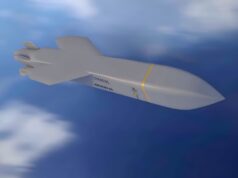

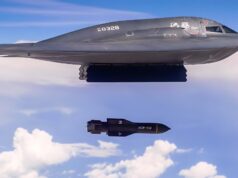
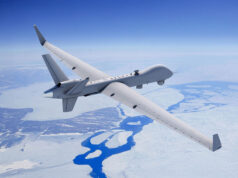



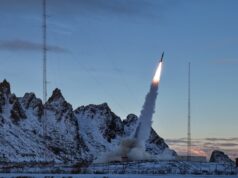
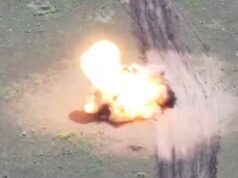


happy hunting for the next 1000
Your site seems to be up and down? whats happening?
Drones + Boots = Victory